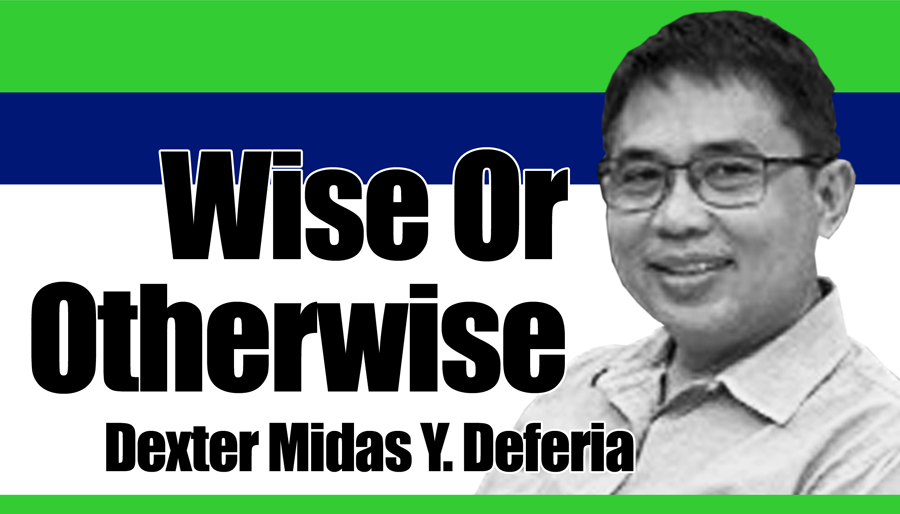
The recent revelations by the president’s sister alleging his drug use have stirred public concern, but the real question is: what comes next? In the past, such a scandal might have caused mass gatherings at EDSA, mobilizing the citizenry to push for the president’s removal.
During the 1980s and early 2000s, people power was a potent force. The Catholic Church, civil society, and the military played key roles in ousting presidents. Notably, the historic removal of two presidents, one who ruled for more than two decades until 1986, and another removed in 2002, ushered in new leadership, which in both cases were women.
However, the “people power” formula that once worked so effectively appears to have lost its potency after decades. Today, without the military, key cabinet members, respected churches, and united civic groups, a similar mass movement is unlikely to succeed. Public apathy has also deepened, as many Filipinos doubt that removing a president through such means will restore the country’s former glory. Each administration since then has promised reform but has been tarnished by corruption scandals when their terms ended.
Data accessible online confirms that corruption has tainted every presidency from Ferdinand Marcos Sr. to Ferdinand Marcos Jr., albeit to varying degrees. Marcos Sr.’s administration was notorious for massive corruption during Martial Law, with billions stolen and described as “The Greatest Robbery of A Government” by Guinness World Records. Subsequent administrations faced their own challenges. Cory Aquino’s tenure was marred by graft allegations among relatives and associates despite her personal cleanliness. Fidel Ramos stressed anti-corruption but had scandals related to asset sales. Joseph Estrada was removed amid corruption scandals. Gloria Macapagal Arroyo’s term was rife with multiple scandals. Benigno Aquino III made some anti-corruption gains but with limited impact. Rodrigo Duterte’s government faced corruption exposures despite anti-corruption promises and currently, Ferdinand Marcos Jr.’s government is embroiled in one of the largest corruption scandals involving flood control projects worth billions.
Despite the wealth of information available, many Filipinos remain disinterested in political news, opting instead for entertainment like K-drama. The failure lies in how voters choose leaders, often prioritizing regional loyalty or personal background over qualifications and integrity. Such leniency in leadership selection contrasts with the critical scrutiny given to trivial matters. The result is a compromise in values, leaving the country vulnerable to recurring corruption and weak governance.
Given this environment, the question remains: can the Philippines free itself from the cycle of corruption and find a leader capable of genuine reform? The answer depends on how critically Filipinos demand accountability and how actively they participate in selecting leaders who embody integrity, not just promises or identity. Without this, history’s lessons and past upheavals may remain unheeded, and true progress may stay elusive. ||




